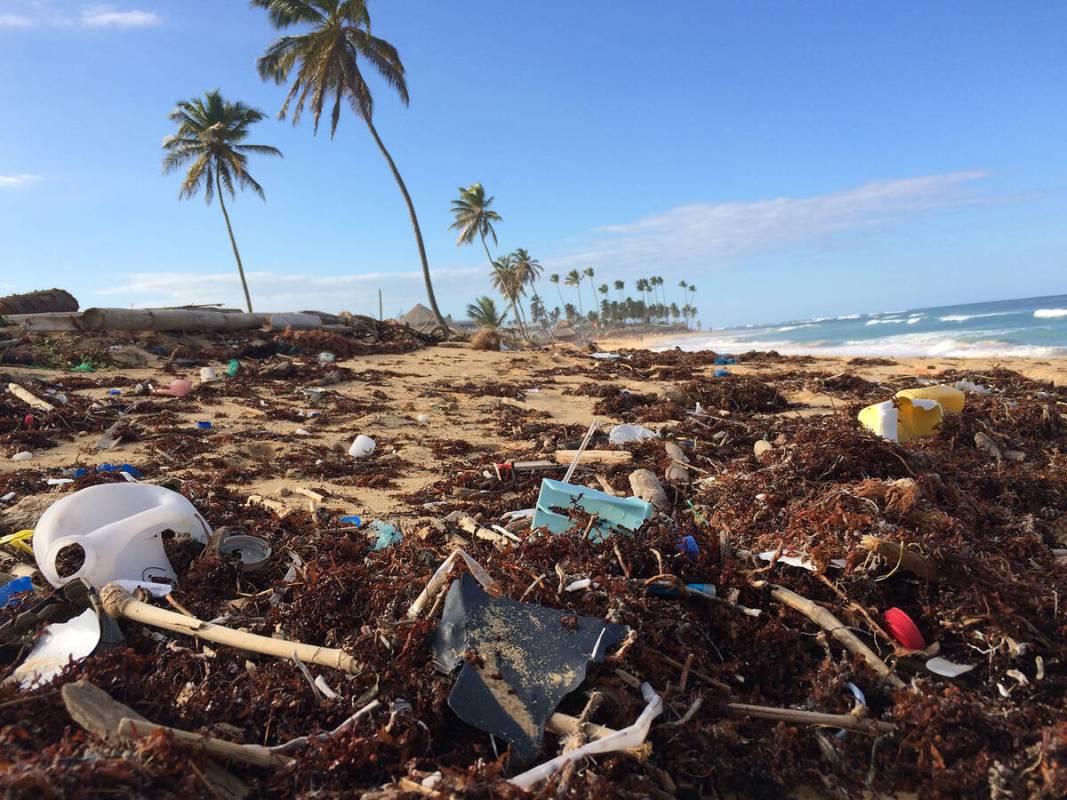
I recently returned from a month-long trip to Ivory Coast (Cote I’voire), West Africa. Visiting family there, I spent most of my time in homes as opposed to hotels. From high-rise condos and single-family houses to beach bungalows, I enjoyed an insider look at what middle- to upper-middle-class homes were like.
With an eye on construction materials and design, several approaches to building stood out to me.
Given my background, what I remarked first is do-it-yourself not being a thing there. There are no DIY weekend warriors to speak of. Perhaps some folks will take on more artistic projects, like painting a mural, but when it comes to bone-fide repair or renovation, it is a DIFM (do-it-for-me) culture. Locals explain that labor is so inexpensive it doesn’t pay for them to try and figure it out when a pro can get it done better and faster for an awfully affordable price.
I asked about material costs, thinking of how expensive they’ve become here, especially lumber reaching all-time highs. Apparently lumber in Ivory Coast is quite cheap.
Unlike our spiked prices due to labor shortages from COVID, Ivory Coast didn’t experience these labor-force issues or price hikes.
Perhaps the lower demand for lumber there also plays a part in its cost not rising. To my understanding, buildings are virtually never wood framed. Instead they’re constructed with materials like concrete block and sun-dried mud brick. CEB (compressed earth block) has become a popular material because of its sustainability, cost and availability. The only wood structures I saw were huts with corrugated metal or thatch roofs.
Another lumber scenario that was, well, foreign to me, was the location of a log yard and sawmill smack in the middle of an urban city. The girth of these logs was massive, wider than anything I had ever seen. Besides the obvious juxtaposition, what stunned me was knowing how long it took to grow such majestic beauties and how tragic it seemed to see them stacked on top of each other like giant cadavers.
In addition to land exploitation in Ivory Coast, there are extreme pollution levels of land, water and air. As far as I could find out there are no agencies implementing recycling programs. Garbage is burnt openly and black smoke spews from factory chimneys. Endless plastic bottles bob in the port of Abidjan, and trash clutters shorelines and roads.
A bright spot in the pollution and plastic plague is a movement to use recycled plastics in building materials, a trend that’s growing in both developing and industrialized nations.
In Abidjan’s Ebrie Lagoon, a resort floats atop an island of recycled plastic: 700,000 bottles to be exact. L’ile Flottante (The Floating Island) is the brainchild of entrepreneur Eric Becker, who was moved to do something about the amount of plastic floating in the lagoon and laying on its shores. Opened in 2018, this resort runs 100 percent from solar panels that power bungalows, a restaurant, pool, relaxation areas and walkways — predominately built from recycled and sustainable materials.
Globally, innovative green thinkers realize that the very properties that make plastics so hard to get rid of are precisely what make them ideal construction material. In 2016, researchers from Rutgers University invented a material called “structural plastic lumber” made from recycled plastics. ScienceDaily.com states this material is “lighter than steel, longer-lasting than lumber, and strong enough to support 120-ton locomotives.”
Today, structural plastic lumber is commonly used around the world on things like bridges, decks, docks, boardwalks and retaining walls. It won’t corrode, rot or attract insects and never needs to be stained or painted.
When we realize we produce 300 million tons of plastic each year worldwide, the idea of being able to recycle a percentage of it into a highly efficient construction material, while simultaneously saving trees, should motivate any business in any country to get on board with this type of environmental effort.
Norma Vally is a seasoned veteran of home improvement; her career includes four seasons as host of Discovery Home Channel’s Emmy-nominated series “Toolbelt Diva.” A columnist and author, Vally splits her time in Southern Nevada, Los Angeles and New York City. Follow her on Facebook at Norma Vally “Toolbelt Diva” and visit her at www.NormaVally.com. Email Norma@NormaVally.com.